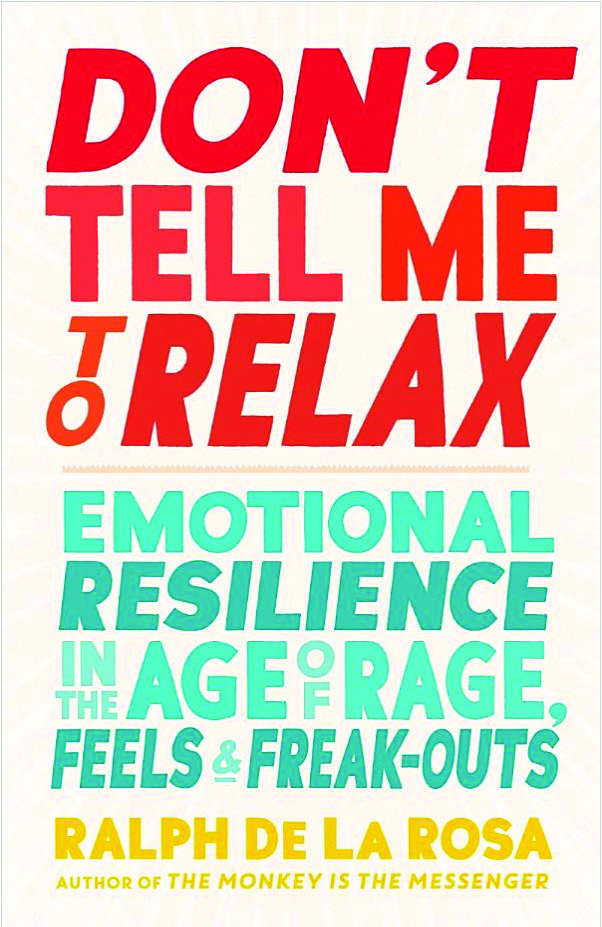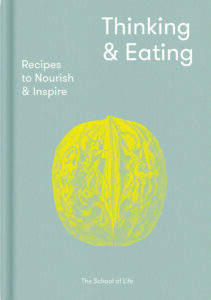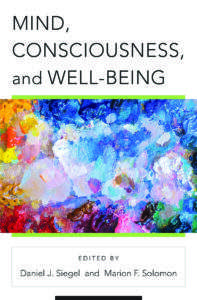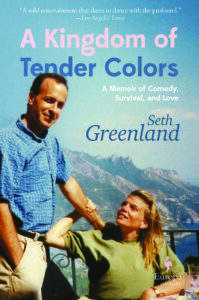1) Don’t Tell Me to Relax
Emotional Resilience In the Age of Rage, Feels & Freak-Outs

Shambhala
Spiritual bypassing, a term first coined in psychology, refers to misusing spirituality or wisdom teachings by zeroing in on their “feel-good” aspects, while minimizing the reality of pain (our own, as well as others’). But is the only alternative to feel paralyzed by raging despair?
Don’t Tell Me to Relax, De La Rosa’s second book, arrives at the perfect time to inform a growing cultural awareness that neither approach will get us very far. “May we never forget: Often the deepest truths are the ones that challenge us,” he writes.
Skillfully drawing on neurobiology, mindfulness teachings, and psychotherapy, De La Rosa acknowledges that suffering is caused by a multitude of factors: from the systemic, like racism, ableism, homophobia, and economic disempowerment, to the personal—dysfunctional upbringings, traumatic losses, physical and mental health struggles. Having faced some of these himself, he doesn’t negate their importance in our lives, nor claim we should just get over them. Instead he empowers us, through direct and insightful prose, to touch in with these parts of ourselves that hurt. The book’s focus is “on radical nonpathology, embedding it in an empowerment model: the truth that the inherent wisdom, clarity, and freedom of our deeper nature need not wait for anyone or anything else to come along.” Throughout, De La Rosa offers seemingly simple yet transformative practices to help us (re) discover our innate curiosity and introspection. When we don’t “relax” but instead deepen into awareness and compassion, we can channel our efforts in the direction of healing—both for ourselves and for our world. —AT
2) Thinking and Eating
Recipes to Nourish and Inspire

School of Life
A cookbook unlike any other, Thinking and Eating explores “how the sensory realm can be deployed to help with the transmission of ideas.” Food, like art, can inform us about how we should live. In the first section, a list of virtues—each paired with a single ingredient— accompanies delicioussounding recipes. Hope is a lemon, for instance, maturity a fig. Subsequent sections offer recipes and menus for a variety of moods: when alone (I don’t like myself very much), with friends (Why do we keep talking about house prices?), and in relationships (How can I graciously withdraw from a sulk?). What’s not to love about a book that asserts, “the mushroom is an edible treatise on the oddity of existence”? Seconds for me, please.—SD
3) Mind, Consciousness, and Well-Being

Edited by Daniel J. Seigel and
Marion Solomon • Norton
At 350+ pages, Mind, Consciousness, and Well-Being is a door-stopper, as they say in publishing. But it’s also a treasure trove of content presented by a fine collection of teachers and researchers, covering a wide array of topics: self-compassion, mindfulness in the workplace, love, habit-formation (and breaking), depression, race and interconnectedness, and attention, among many others. It’s not the sort of book you breeze through when you’re about to turn in for the night. It’s more of a state-of-the-art overview of the value that mindfulness and related practices can bring and an opportunity to join in an ongoing conversation, as editor Dan Siegel says in his introduction, “reflecting inside your own mind, as well as in conversations that might emerge with others.” —BB
4) A Kingdom of Tender Colours
A Memoir of Comedy, Survival, and Love

Europa Editions
Screenwriter, playwright, and novelist Seth Greenland brings his considerable powers as a storyteller to bear on recounting the journey he and his family traveled after his diagnosis of stage 4 lymphoma at 37. With a baby daughter and another child on the way and a writing career in mid-stride, he faced the prospect of losing it all—possibly leaving his new family in dire straits. His in-laws sent him a letter: “We hope you make the most of the time you have left.”
And indeed he has, in the three decades following, as evidenced by the free flow of this narrative, which he was inspired to write during the worst days of his illness, vowing that should he survive he would write the kind of book he wished he could have read while going through the darkest of dark nights. Dark yes, but also funny, since shtick runs thick in his veins. Greenland was a writer and producer on HBO’s Big Love, a satiric treatment of Mormon polygamy, and that irreverence is in full flower here, as he describes grappling with the eternal questions and finding various cosmologies seriously lacking. As he talks to God and asks the divine to please not kill him, he can’t help but share that he’s pretty sure He doesn’t exist, reprimand Him for the inquisition and the holocaust, and throw in a few choice f-bombs to boot.
It’s not all fun and games. We are gripped and moved and intrigued, as he traverses chemotherapy and complications leading to near death; meditation, tai chi, and other mind-body approaches; topped off with far-out alternative treatments that would be inappropriate to mention in polite company. Along the way, his wife Susan takes up meditation to help herself and her kids, leaves her career as a lawyer, becomes the successful author of The Mindful Child, and founds a groundbreaking program of mindfulness for children. Even the darkest clouds hide silver linings. —BB
Three Mindful Podcasts to Listen to Now
1) Being Well with Dr. Rick Hanson
Episode: “Can We Do No Harm?”
Psychologist Rick Hanson and his son Forrest (a writer and consultant) dive deep in this conversation on the time-worn ethical tenet “Do No Harm.” Questions they explore include: What is a compassionate response to the systemic forms of harm we participate in (often unknowingly)? Is causing harm ever necessary? And how can we balance our personal needs with the sometimes conflicting needs of others? “Being well isn’t just about how one individual maximizes their happiness,” says Forrest. “It’s about how we as a collective can be well together, work through this stuff together… You have to be understanding and accepting of the experiences of other people.”—AT
2) The Cut
Episode: “Optimism”
Optimism? In 2020, the word seems fluffy and unreal. To investigate the true nature of optimism, host Avery Trufelman turns to the docuseries Cheer. For competitive cheerleaders, she says, it’s “the cognitive equivalent of spinning 360 degrees in the air and landing on one hand. They train like hell for it.” Constantly at physical risk in training, and gaining little if any recognition, they’re still the epitome of positivity. Emily Esfahani Smith, author of The Power of Meaning, defines this rigorous optimism as “the narrative you tell that allows you to move forward.” It means actively seeking opportunities for meaning, relationship, and joy, and believing that the pain along the way is worth it.—AT
3) On Being with Krista Tippett
Episode: “Marilyn Nelson: Communal Pondering in a Noisy World”
From her struggle to blaze her own writing path amid the pressures of academia, to teaching poetry and meditation to army cadets, American poet Marilyn Nelson has spent a lifetime refining her sense of where poetry lives—in our bodies, our minds, and our world— and why we need it more than ever. She talks with Krista about her conviction that poetry is a contemplative practice. “I think poetry and the silence of the inner life are related, are connected. Don’t you think? You read a poem, and you say, ‘Ah.’ And then you listen to what it brings out inside of you. And what it is is not words; it’s silence.”—AT
read more
6 Mindful Books to Keep Your Mind Healthy
From celebrating human connectedness to healing with breathwork, here are six books (plus three podcasts) to keep on learning and nourishing yourself this fall.
Read More
5 Mindful Books About Equality and Racial Justice
Discover a non-exhaustive reading list of works that explore the experiences of Black folks and people of color.
Read More
5 Awesome Books for Kids About Mindfulness
A handful of the latest stories you might read with your child to help them learn about emotions, kindness, and mindfulness.
Read More











